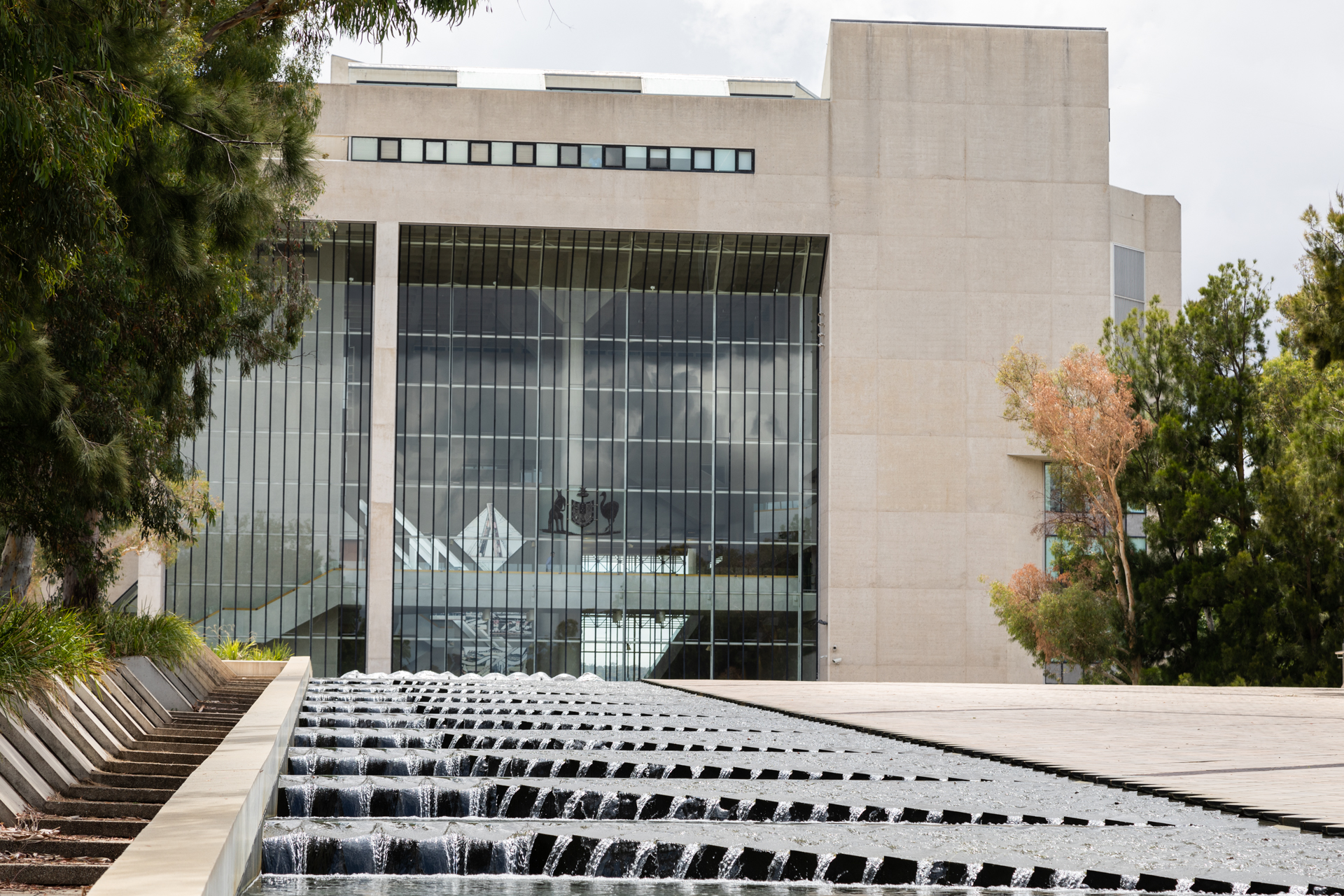NORTHERN IRELAND
 Northern Ireland’s Attorney General has intervened in the controversy over the extent of powers of the Province’s Public Servants.
Northern Ireland’s Attorney General has intervened in the controversy over the extent of powers of the Province’s Public Servants.
John Larkin (pictured) has asked the Supreme Court to examine a Court of Appeal judgement which drastically limited Public Servants’ power to govern Northern Ireland in the absence of either devolved or direct rule Ministers.
The Province has not enjoyed an elected Government since January 2017.
The judgment, which upheld an earlier ruling of the High Court, stated that a senior Public Servant did not have the power to decide to grant planning permission for a an major incinerator facility.
The implications of that decision reached across every Department because of the judgement’s wording: “Any decision which as a matter of convention or otherwise would normally go before the Minister for approval lies beyond the competence of a senior Civil Servant in the absence of a Minister”.
Mr Larkin said he does not accept that the judgment brought definitive clarity and has referred a series of questions about the powers of Public Servants to the Supreme Court.
His challenge is not in itself an appeal of the incinerator decision and if the Supreme Court does rule that Public Servants could take decisions normally reserved for Ministers, it would not automatically allow it to be built.
However, it would allow Public Servants to then take a fresh decision on that and other major political issues.
The decision to challenge the Court of Appeal ruling may have political implications, in that it may allow the United Kingdom’s Secretary of State for Northern Ireland, Karen Bradley to argue that there was now a potential route to allowing Public Servants to act as Ministers and therefore avoid direct rule from Westminster.
Ms Bradley has been under intense pressure to impose direct rule — something she is loath to do.
However, the Supreme Court’s judgement is unlikely for several months, leaving the Province’s senior bureaucrats in a legal limbo.
Belfast, 13 August, 2019











